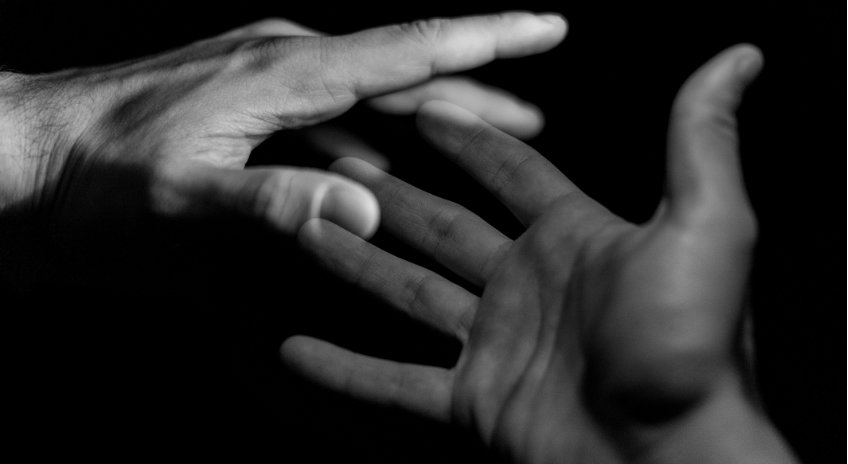
The Real Pain of Punishment: Eradicating Social Exclusion from Criminal Justice
The quest for alternative approaches to criminal conduct is one of the most pressing justice issues in the vast majority of criminal legal systems. There is increasing recognition that the number of people incarcerated reflects a societal failure to respond effectively to the challenges faced by the most vulnerable members of our societies. The recidivism rates of those returning to society from jail and prison has called into question the reliance of criminal legal systems on incarceration for public safety. This recognition has generated calls for approaches that prioritize restoration and rehabilitation over deprivation and punitiveness.
Against this backdrop, this project seeks to explore the role of “social exclusion” as the ultimate cause of the failure of criminal legal systems to adequately address crime and deliver justice to individuals and society. Admittedly, the links between crime and social exclusion are well-known and well-recognized. Abundant literature from a variety of disciplines has consistently emphasized the strong statistical relationship between crime involvement and exclusionary social factors such as socio-economic inequality, extreme poverty, and systemic racism – among others. Although this connection is notorious, criminal law and justice persevere in their reluctance to attribute normative relevance to adverse social factors within the assessment of and response to crime. Rather, the dogmatic assumptions about human conduct and the depersonalizing mechanisms that feature criminal law and justice appear to be among the factors that either precipitate or reinforce de-socializing mechanisms leading to social exclusion.
Through a comprehensive grasp of multiple literatures, this project investigates the functions, dimensions, and corollaries of social exclusion in criminal justice across dominant theories and practices of punishment. It then uses empirical insights from psychology, critical criminology, and social neuroscience to highlight the variety of damages that social exclusion entails for single individuals and, as a consequence, for social cohesion. Subsequently, it combines this body of insights with normative arguments to explore avenues for turning criminal justice into an inclusionary system based on accountability, empowerment, and (re)acceptance rather than social deprivation.
| Outcome: | monograph |
|---|---|
| Research focus: | III. Criminal Law in Fragmented Societies |
| Time frame: | 2021–2024 |
| Project language: | English |
| Project status: | completed |
| Photo: | © Marco Chilese/Unsplash |







